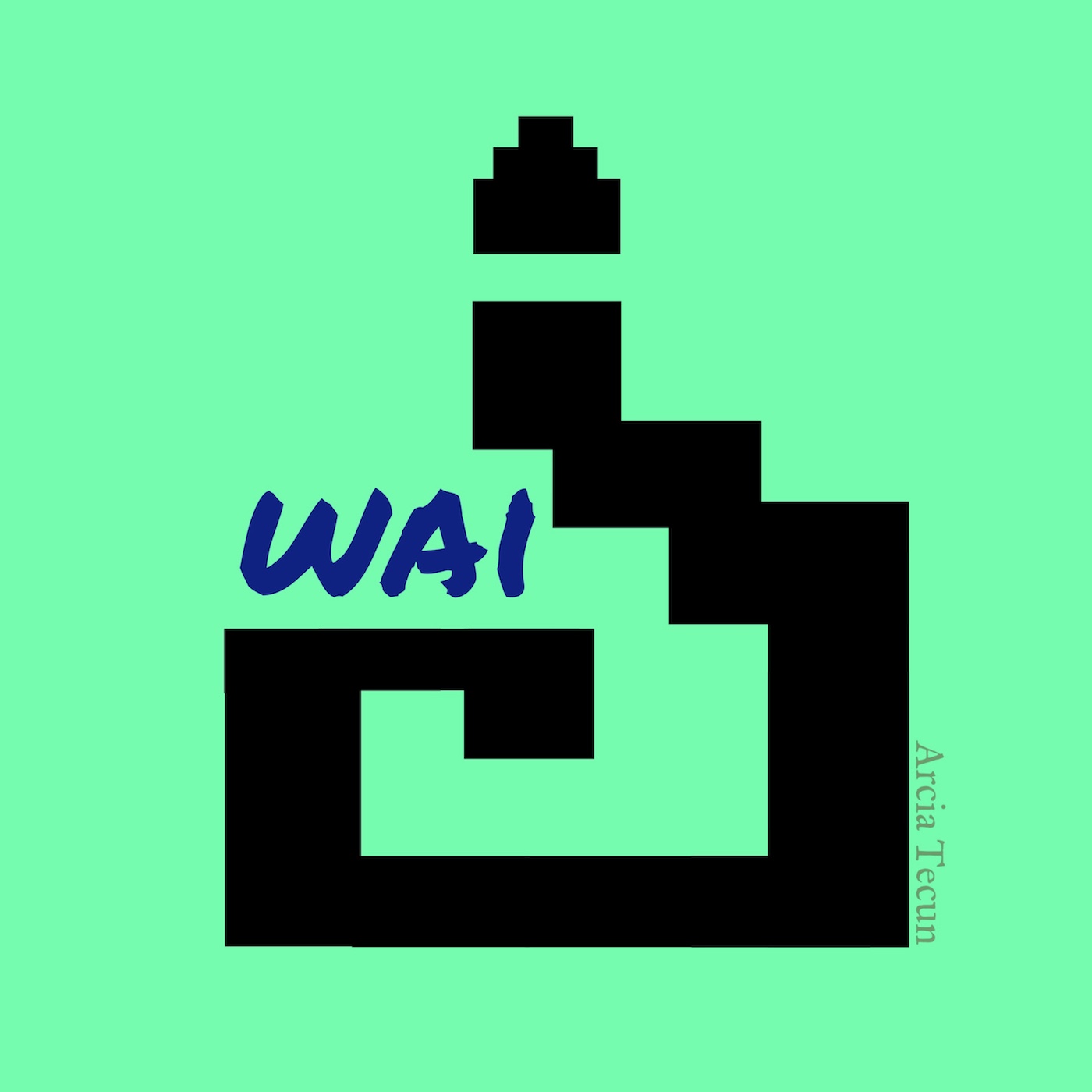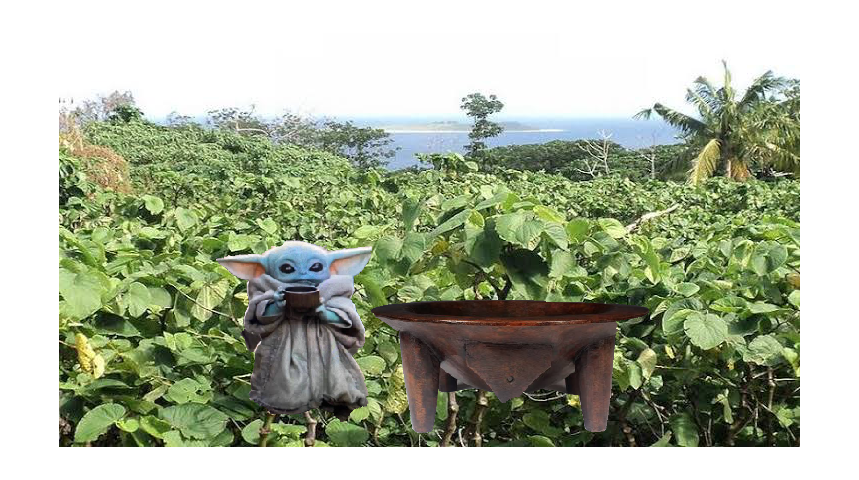
13.6K
Downloads
52
Episodes
Hosted by Arcia Tecun, an urban and mobile Wīnak (Mayan) with roots in Iximulew (Guatemala), an upbringing in Soonkahni (Salt Lake Valley, Utah), and in relation with Tonga, Aotearoa (New Zealand), and Te Moana Nui a Kiwa (The Great Pacific Ocean). Wai? [pronounced why] (W.A.I.: Words and Ideas) is a podcast based on various issues, topics, and perspectives including critical analysis, reflection, dialogue, and commentary on society, politics, education, history, culture, Indigeneity, and more. The purpose of this project is to share words and ideas that are locally meaningful, globally relevant, and critically conscious.
Episodes
Friday Dec 23, 2022
Ep. 39: Fahu (A Chiefly Relative) with Dorothy Savieti
Friday Dec 23, 2022
Friday Dec 23, 2022
This episode features post graduate student Dorothy Savieti who has been interested in and researching fahu (chiefly sister, aunt, relative, etc.) within Tongan culture and society. She shares an introduction to thinking about this significant identity and role within family clans that are commonly known for their ceremonial position and function in life events. We discuss how there are a variety of perspectives and understandings throughout time, as well as ongoing changes occurring, while highlighting some of the debates over defining fahu in our contemporary context. Fahu remain significant despite various views and Dorothy’s early stages of research reveals complexity and additional considerations to continue to explore. She concludes with some summarising thoughts and reflections on different sources to consider when researching culture.
Terms: Mehekitanga (fathers sister – paternal auntie); ‘Ilamutu (brother’s term for his sisters children who are genealogically superior in chiefly rank as nieces/nephews); Fakafotu (we didn’t use this term in the podcast, but it is the sisters term for her brothers children who are genealogically inferior in chiefly rank as nieces/nephews); Fahuloa/Lohuloa (paternal grandfather's sister, one’s father's mehekitanga, paternal great auntie); Koloa (treasures made by women like tapa – fine mats); ‘Eiki (Chief/ly, high ranking person); ‘Eikiness (Tongan English vernacular for chiefliness/chief/chiefly, high ranking); Tu‘a (Peripheral or lower ranking, associated with being younger in rank, contemporarily often interpreted through classed conflations with rank with terms like ‘commoner’); Liongi (lower ranking relation in a particular context); Ta'ovala (waist mat of which there are different kinds that have different meanings).
Note: In Tonga(n) cultural phenomena someone may be in a chiefly or higher ranking position where they receive gifts, tributes, and are served in one context - while in a different context may find themselves in a non or less chiefly role that makes offerings, tributes, and is in service to other chiefs or higher ranking positions. Chiefly rank is important, but its manifestation is often dependent upon contextually specific relationships in particular moments.

No comments yet. Be the first to say something!